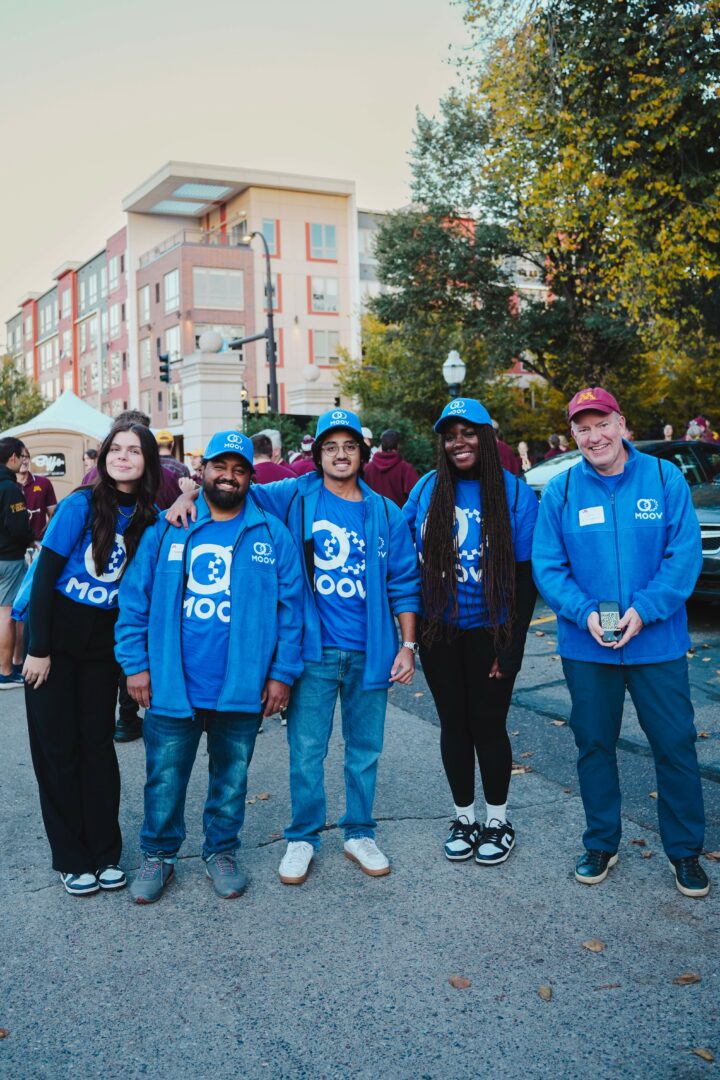We recently connected with Murid Amini and have shared our conversation below.
Murid, we’re thrilled to have you sharing your thoughts and lessons with our community. So, for folks who are at a stage in their life or career where they are trying to be more resilient, can you share where you get your resilience from?
I draw my resilience from two key sources. The first is my pragmatic mindset. As an engineer, I naturally approach situations through a lens of logic and facts rather than emotions. This has proven invaluable in many areas of my life and work, particularly when dealing with stress, change, new information, or crises. In such moments, I can focus on actionable steps and temporarily set aside emotional reactions. This allows me to quickly assess what needs to be done to overcome challenges and restore balance. This pragmatic approach represents the “nature” aspect of my resilience.
The “nurture” side of my resilience comes from my experiences as an immigrant and a seasoned traveler. Growing up with higher-than-average levels of stress from a young age and witnessing the struggles of people around the world has shaped my perspective. These experiences have taught me to process stress in a healthy way rather than becoming overwhelmed. They’ve also instilled a sense of humility, reminding me that many of my challenges are smaller in scale compared to the hardships others face globally. This perspective helps me reframe difficult situations with a mindset of hope and possibility, enabling me to stay resilient in everyday challenges, whether in work, running a business, or navigating relationships.


Thanks for sharing that. So, before we get any further into our conversation, can you tell our readers a bit about yourself and what you’re working on?
I’m currently leading a talented team of individuals in building Minnesota’s home-grown rideshare company – MOOV Rideshare. We recently launched in September and have amassed several hundred app downloads on both the rider and driver side.
MOOV is a values led company (Customer Focus, Conscious Capitalism, Community Engagement, Culture of Innovation) and we are proud of how these values permeate through everything we do. From our product and pricing, to our marketing, talent strategy, and partnership engagement, we live our values with the mission of leveling the playing field in the rideshare industry to give riders, drivers, and communities a choice.
What I’m most excited about is tackling the competition with our superior unit economics. We try to create a win-win-win scenario where we can afford to pay the drivers more, charge customers less, and still generate enough profit to grow as a business. The new MN TNC Law that gives Drivers a minimum pay expands that opportunity as the competition drastically grows their prices, we don’t have such high operating costs and are able to be even more competitive.
We enthusiastically encourage anyone who’s interested in a more ethical rideshare company to check us out at www.makethemoov.com where you can read more about us and download our rider and driver apps.


Looking back, what do you think were the three qualities, skills, or areas of knowledge that were most impactful in your journey? What advice do you have for folks who are early in their journey in terms of how they can best develop or improve on these?
As an experienced people leader, what I value the most are my soft skills because they’re the hardest to train. The first key skill I have is flexibility – being one of eight brothers, I never got my way. I grew up constantly having to practice flexibility, adaptability, and agility to an ever changing situation with a group of very different personalities. This allows me to effectively collaborate with people whether they’re partners, leaders, or contributors.
The second quality I would highlight as impactful is curiosity. I tend to learn as much as I can about something so that I feel comfortable in my ability to engage with it. While this can be positive, it does also have negative impacts. As a leader, you often need to focus on execution, decision making, and delegating – being ever curious impacts your ability to do these things because what you want to do is at odds with what you need to do in order to operate decisively and quickly.
The final skill I would highlight is the ability to work under pressure. As a business leader, you are constantly putting out fires in every function. One day the technology isn’t working the way you want and the next day a new regulation upends everything you’ve been planning. Being able to persevere in the face of pressure allows one to keep going towards a mission without losing focus, quality outputs, and momentum.

Alright so to wrap up, who deserves credit for helping you overcome challenges or build some of the essential skills you’ve needed?
Throughout my life, the most helpful and impactful people have always been the naysayers. On one hand, I like a challenge so I am energized by the ability to prove someone wrong when I believe in something. On the other hand, I never expect people to believe in what I’m doing more than I do so having naysayers doesn’t bother me, instead it provides an opportunity to assess risks, threats, and worst case scenarios.
By paying attention to the things that can go wrong, I am able to better prepare and strengthen my planning. Ultimately this practice has allowed me to avoid many close calls where I could have failed in a big way.

Contact Info:
- Website: www.makethemoov.com
- Instagram: @makethemoov
- Linkedin: https://www.linkedin.com/company/the-moov-app/
Image Credits
Roman Amini (MOOV Co-founder)




